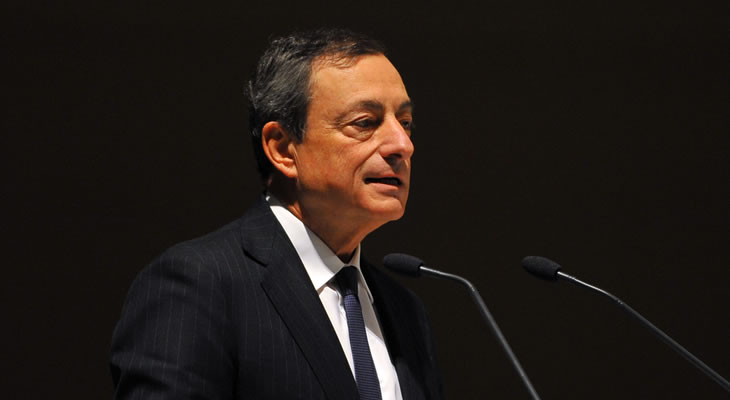The Euro saw a brief burst of demand on Thursday as investors digested the latest European Central Bank (ECB) policy decision.
Overall, markets are increasingly confident that the ECB will begin withdrawing its quantitative easing (QE) package soon, but the undervalued GBP EUR exchange rate has held above its worst levels.
Undervalued Pound (GBP) Holds Above Lows
Analysts have recently argued that the Pound has been oversold, limiting its potential for further losses and giving markets more reason to buy it.
This has been the primary reason for Sterling gains in recent sessions, as investors buy the British currency again following months of poor performance.
Sterling has also benefitted slightly from Thursday’s UK house price data from Halifax.
Halifax’s August report unexpectedly improved from 2.1% to 2.6% year-on-year and from 0.7% to 1.1 month-on-month. The monthly figure was forecast to slow to 0.2%.
Analysts aren’t too pessimistic about the Pound versus the Euro either, despite persistent Brexit uncertainties.
According to Oliver Mangan from AIB, there isn’t much reason to expect Sterling to fall to parity against the Euro any time soon, for example;
‘It’s only under a hard Brexit scenario that we see it getting towards parity. The key determinant of sterling movements in the next 12 months is how the negotiations evolve’
Sterling may find further support to help it recover over the course of the next seven days, as considerable UK news will come in.
Friday’s UK trade balance, industrial production and manufacturing production results could boost GBP demand on Friday if they impress.
Failing that, investors will look ahead to next week’s bustling UK economic calendar. This will include Britain’s August inflation results and July employment change figures, as well as the Bank of England’s (BoE) anticipated September policy decision.
Euro (EUR) Bolstered by European Central Bank (ECB) Meeting
Demand for the Euro improved again during Thursday trade, as investors digested key comments from European Central Bank (ECB) President Mario Draghi’s press conference.
As markets expected, the ECB policy decision ended with policy being left frozen at its loosest levels on record. The policy statement was almost identical to the one seen in July.
The ECB also announced that it had raised its growth forecasts for the coming year, but cut its inflation forecasts for 2018 and 2019. The bank now expects inflation to slow to 1.2% in 2018 before rising to 1.5% again in 2019. The lower inflation projection was likely due to Euro strength.
The real news of the day came from Draghi’s press conference, at which he offered minor but notable updates on the bank’s outlooks for policy plans.
Perhaps the most notable comments from Draghi were his indication that the bank had already had ‘very preliminary’ talks on quantitative easing (QE) during this month’s meeting, as well as specifying that the bank would make most of its QE decisions during October’s meeting.
This was the most solid indication yet that the ECB was planning to announce QE withdrawal as soon as October.
Also notable was Draghi’s hesitance to discuss the strength of the Euro. After being told the Euro’s exchange rate, Draghi merely stated that he doesn’t comment on exchange rate levels.
This indicated to markets that the Euro’s strength was not yet a major concern and may not impact policy in any notable way.
However, analysts remain concerned that if Euro exchange rates advance much higher (particularly EUR USD) it could force the ECB to comment.
Overall though, the Eurozone outlook remains strong and Euro investors are optimistic. The day’s Eurozone Gross Domestic Product (GDP) projections encouraged Euro strength, beating expectations.
Euro trade could cool in the coming week due to a lack of highly influential Eurozone stats due for publication.
GBP EUR is more likely to be influenced by Pound strength and UK data, but Germany’s final August inflation results and the Eurozone’s Q2 employment results could inspire some Euro movement.
GBP EUR Interbank Rate
At the time of writing this article, the GBP EUR exchange rate trended in the region of 1.0895. The Euro to Pound exchange rate traded at around 0.9175.


Comments are closed.